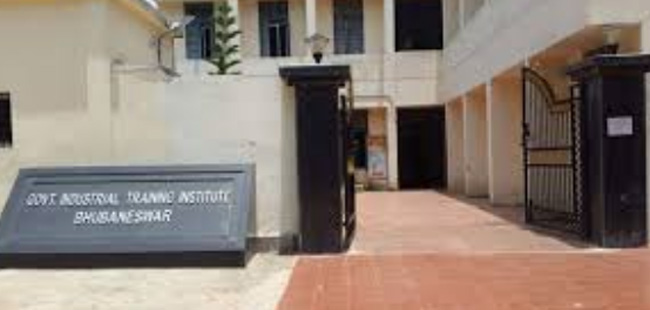Bhubaneswar: In a move poised to significantly boost vocational education and skill development in the region, Bhubaneswar is set to become a key hub under the newly approved National Scheme for Industrial Training Institute (ITI) Upgradation and the establishment of National Centres of Excellence for Skilling.
The ambitious Centrally Sponsored Scheme, greenlit by the Union Cabinet chaired by Prime Minister Shri Narendra Modi, earmarks a total outlay of ₹60,000 crore over five years, with substantial financial backing from the Central and State governments, as well as industry contributions and co-financing from the Asian Development Bank and the World Bank.
Under this transformative scheme, 1,000 government ITIs across the country will undergo comprehensive upgradation following a hub-and-spoke model, aligning their courses with the evolving demands of the industry. Crucially for Odisha, the National Skill Training Institute (NSTI) located in Bhubaneswar is one of the five NSTIs selected for capacity augmentation and the establishment of a National Centre of Excellence (NCOE) for Skilling. This signifies a major boost to the skill development infrastructure in the state capital.
The scheme envisions transforming existing ITIs into government-owned, industry-managed aspirational institutions for skills development, fostering strong collaboration between State Governments and industry partners. Over the next five years, the initiative aims to skill a remarkable 20 lakh youth through industry-relevant courses, directly addressing the human capital needs of various sectors, including Micro, Small, and Medium Enterprises (MSMEs). A key focus will be on bridging the gap between local workforce supply and industry demand, ensuring a steady stream of employment-ready individuals for businesses.
Acknowledging the limitations of past financial assistance in fully addressing the upgradation needs of ITIs, the new scheme incorporates a need-based investment provision. This allows for flexible fund allocation based on the specific infrastructure, capacity, and trade-related requirements of each institution, including the NSTI in Bhubaneswar.
A significant departure from previous efforts, this scheme emphasizes establishing deep and sustained industry connections in the planning and management of ITI upgradation. An industry-led Special Purpose Vehicle (SPV) model will be adopted for an outcome-driven implementation strategy, ensuring that the training provided is directly aligned with industry needs and standards.
For Bhubaneswar, the selection of its NSTI for infrastructure upgradation and the establishment of a National Centre of Excellence signifies a substantial investment in its training facilities. This will not only enhance the quality of vocational training offered but also improve the Training of Trainers (ToT) facilities. Furthermore, the scheme includes provisions for pre-service and in-service training for 50,000 trainers nationwide, ensuring a highly skilled and competent teaching workforce in institutions like the one in Bhubaneswar.
This landmark initiative promises to elevate the status of vocational education in Bhubaneswar and Odisha, creating a robust ecosystem for skill development and enhancing the employability of its youth. With a strong focus on industry alignment and modern infrastructure, Bhubaneswar is poised to play a pivotal role in India’s skilling revolution.


